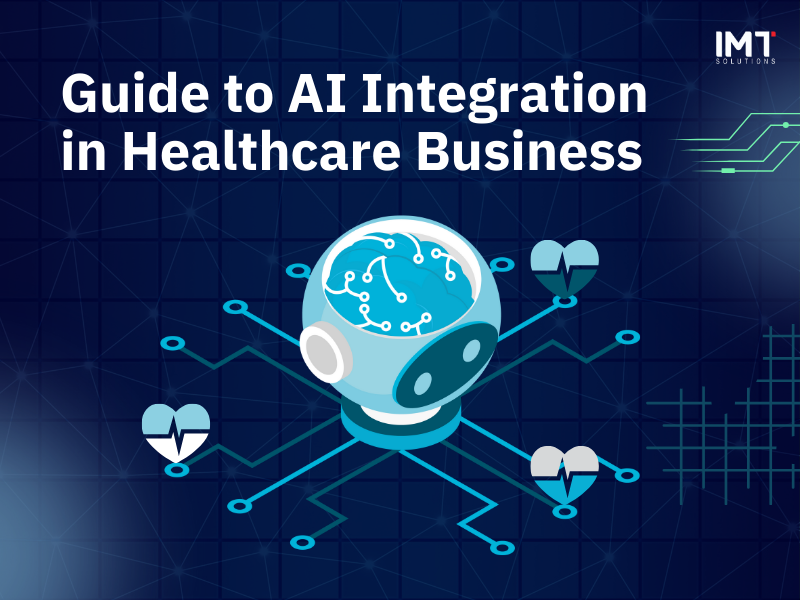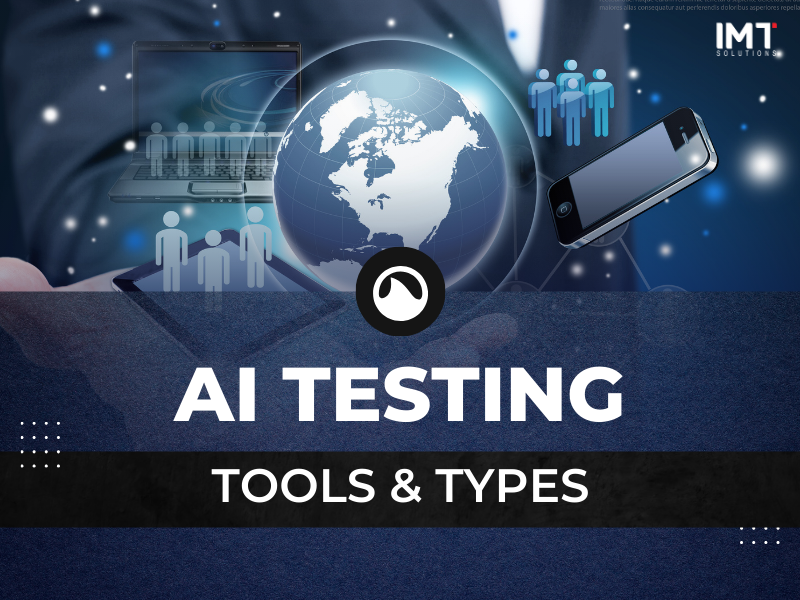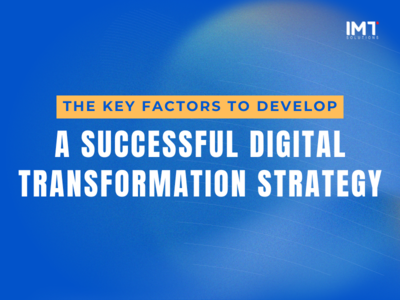AI Business Process Automation in Enhancing Healthcare Supply Chain Management
In today’s healthcare operations, supply chain management is critical for providing effective services and improving patient care. However, healthcare providers continue to encounter an abundance of difficulties, including inadequate inventory and a supply shortage. According to a Navigant survey, U.S. hospitals waste approximately USD 25.4 billion on unnecessary supply chain operations annually. As demand and expenses for healthcare services rise, providers are under pressure to maximize resource allocation. Artificial intelligence (AI) emerges as a potential answer to these difficulties. In this post, we’ll look at how AI business process automation improves supply chain management for healthcare organizations.
The Role of AI Business Process Automation in Healthcare Supply Chain Management
The Current State of Healthcare Supply Chain Management
In healthcare, supply chain management is the process of planning, conducting, and monitoring all logistics activities. Well-planned supply chain management provides coherent resource allocation at the appropriate time. This contributes to cost optimization and increased company efficiency, which improves services and patient care. However, a healthcare supply chain frequently spans a large number of stakeholders, ranging from manufacturers to suppliers to healthcare professionals and patients. This has created numerous issues for healthcare providers in terms of maintaining a seamless supply chain flow. Key challenges include:
- Inventory management: Managing inventory in healthcare can be challenging since unanticipated demand occurs frequently. All while maintaining availability and minimizing resource waste. Furthermore, it has been observed that frontline healthcare doctors devote 20% of their work week to manual inventory management. This implies the use of AI business process automation to better allocate workload and increase efficiency.
- Regulatory compliance: Healthcare and other industries must follow a variety of regulations. With rules changing on a regular basis, it can be difficult for healthcare providers to stay current with supply chain requirements.
- Supply chain visibility: Because the healthcare supply chain involves several stakeholders, it can be challenging to organize and manage the intricate procedures. The reason for this is that each stakeholder frequently uses different systems that are incompatible. As a result, the real-time data exchange and access process may be inefficient due to supply chain delays and potential inaccuracies.
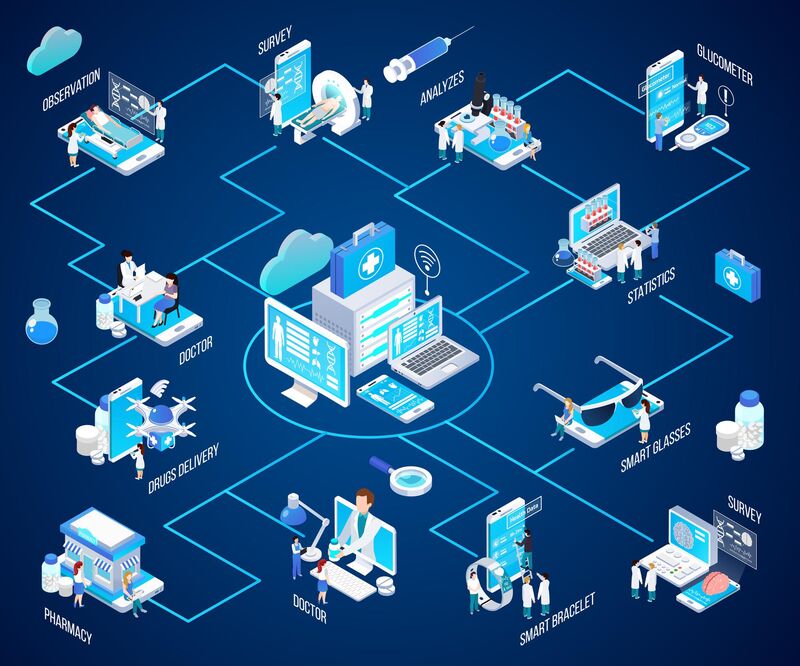
The Benefits of AI Business Process Automation in Healthcare Supply Chain Management
AI business process automation has transformed healthcare by streamlining repetitive administrative tasks, enhancing efficiency and reducing human error. Given the numerous challenges in the healthcare supply chain, AI emerges as a powerful solution to optimize inventory management. Here are some noteworthy benefits of AI in managing healthcare supply chain:
- Optimized inventory management: With AI-powered management solutions, healthcare businesses can track and monitor their supply chain in real time. They can collect data and support easy collaboration among parties, ensuring stock availability.
- Predictive analysis for demand forecasting: By analyzing historical data, AI gives forecasting insights that allow healthcare providers to change their inventory and stock storage to match demand. Predictive analysis also results in increased control and reduced supply chain waste, achieving operational efficiency for organizations. According to a McKinsey report, AI may minimize supply chain errors by 20% to 50%. This translates into a major decrease in lost sales and product availability.
- Workflow optimization: AI business process automation automates the repetitive tasks of order processing, invoice management, and compliance reporting. This considerably frees up manual personnel, allowing them to focus on more important tasks.
- Supply chain waste reduction: AI can forecast supply utilization and demand, enabling healthcare organizations to minimize supply chain waste and cut unnecessary expenses. This proactive strategy enables businesses to manage risks and establish contingency plans, ultimately improving supply chain resilience.
- Risk management: AI can detect potential supply chain risks, such as supplier failures or geopolitical disruptions, before they escalate. Early identification allows clinicians to address these risks promptly, ensuring a stable and efficient supply chain. This proactive approach helps prevent delays in critical medical supplies, ultimately improving patient care.
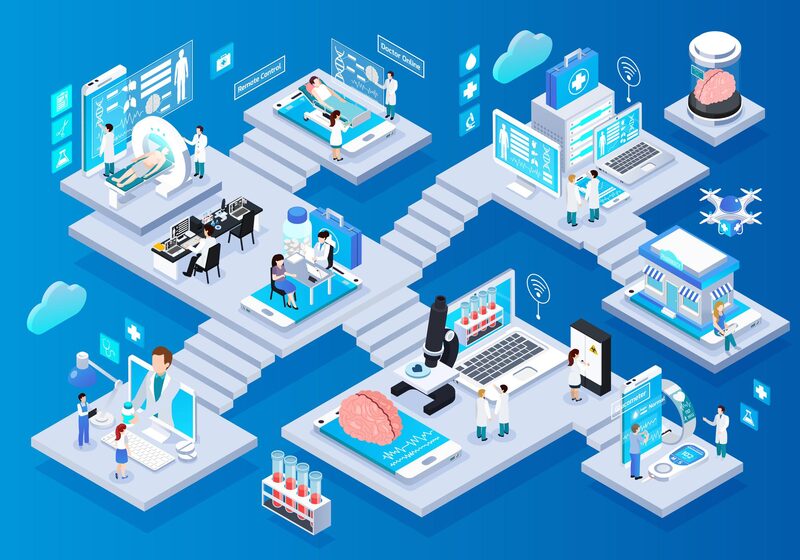
Given the benefits outlined above, adopting AI business process automation dramatically reduces supply chain operations expenses. AI’s automation capabilities provide increased warehouse efficiency, faster deliveries, reduced mistakes and waste. Recognizing these benefits, 46% of healthcare organizations are utilizing AI to handle possible supply chain disruptions. This suggests that AI usage in supply chain management will continue to increase in the years to come.
Challenges in Implementing AI Business Process Automation in Healthcare Supply Chain Management
While AI offers numerous benefits for supply chain management, it also presents several challenges, particularly during the implementation phase:
- Staff training: Integrating AI into business operations requires training employees to work with new technologies. This transition can temporarily disrupt operations, affecting ongoing processes. It is essential for organizations to carefully plan their training process and maintain transparency with stakeholders about potential disruptions.
- Complex system setup: Deploying AI automation in the supply chain involves significant adjustments, including new equipment and system modifications. Moreover, AI implementation is not a one-time effort—it requires continuous updates and maintenance to ensure optimal performance.
- Operational costs: AI adoption comes with various costs, from software licensing to machine learning model development. Organizations can either build in-house AI systems or outsource to third-party providers, but in both cases, leveraging historical data is essential for effective training and optimization.
- AI risks: Relying on AI introduces potential risks such as security vulnerabilities, data inaccuracies, and over-dependence on automation, all of which require careful management to mitigate. To minimize risks, companies must implement strong security measures and regularly audit AI systems.

The Applications of AI Business Process Automation Beyond Healthcare Supply Chain Management
AI business process automation extends beyond supply chain management, benefiting various industries in numerous ways. Its automation capabilities streamline repetitive tasks and enhance overall business efficiency. Additionally, AI’s predictive analytics and ability to personalize products provide valuable insights and improved customer experiences. As AI continues to evolve, its role in optimizing operations and driving innovation will only become more significant.
Explore more insights in our article on AI Automation Trends to Watch in 2025.
